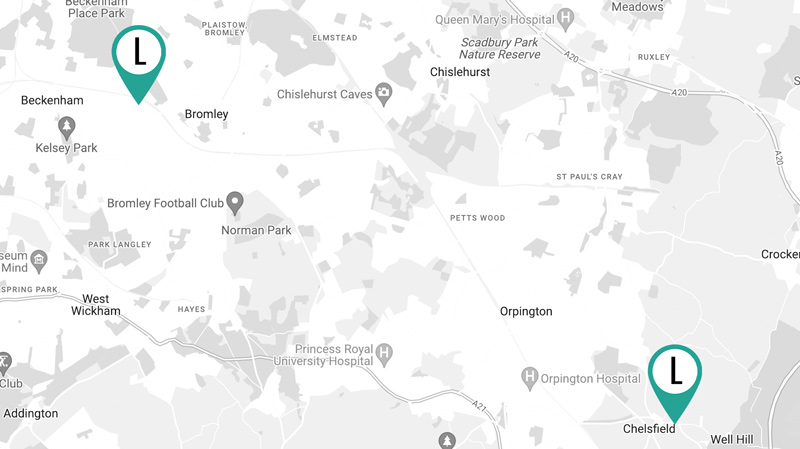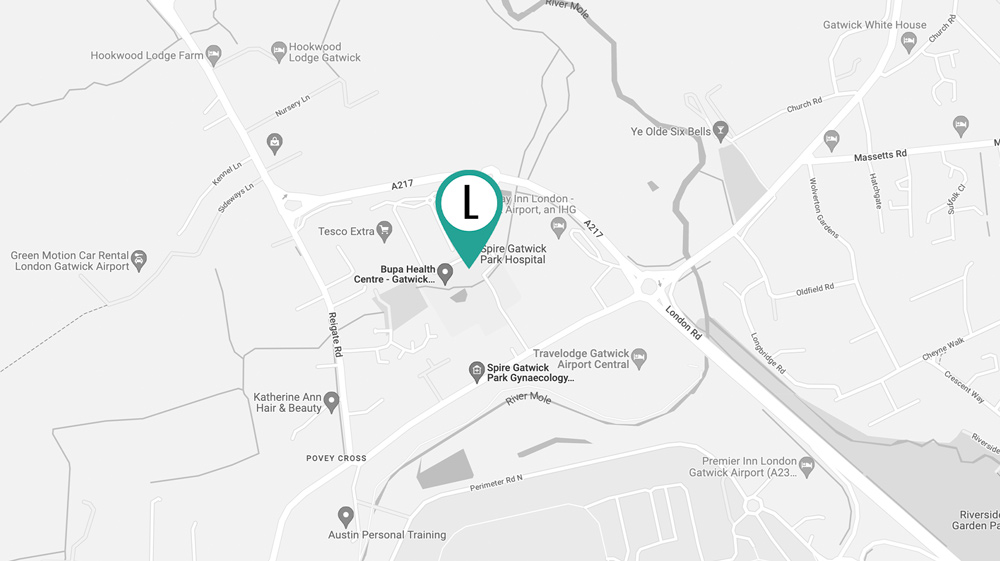
Can cataracts come back?
Cataract surgery is one of the most common and effective procedures to restore clear vision. However, many patients wonder, “Can cataracts come back after surgery?” This question is important for anyone considering or recovering from cataract surgery. In this blog post, we will explore the nature of cataracts, what happens during surgery, and whether cataracts can recur.
Understanding Cataracts
A cataract is a clouding of the eye’s natural lens, which leads to blurred vision. This condition is usually age-related but can also result from eye injuries, certain medications, and medical conditions like diabetes. Over time, proteins in the lens break down and clump together, causing the cloudiness that characterises cataracts.
The Cataract Surgery Process
Cataract surgery involves removing the cloudy natural lens and replacing it with a clear artificial lens, known as an intraocular lens (IOL). This procedure is typically quick, taking about 15 to 30 minutes per eye, and is performed on a day surgery procedure.. Here’s a brief overview of the process:
- Preoperative Preparation: Your eye is numbed with local anaesthesia, and you may receive a sedative to help you relax.
- Lens Removal: A small incision is made, and an ultrasound probe washes out the cloudy lens, which is then removed.
- IOL Insertion: The artificial lens is implanted through the same incision. It unfolds and is positioned correctly within the eye.
- Recovery: The incision is usually self-sealing, and you can go home shortly after the procedure. Recovery is typically quick, with most patients noticing improved vision within a few days.
Can Cataracts Recur?
The straightforward answer is no, cataracts cannot come back once the natural lens has been removed. The artificial lens used to replace the cloudy natural lens cannot develop a cataract. However, there is a condition known as posterior capsule opacification (PCO) that can mimic the symptoms of a cataract.
What is Posterior Capsule Opacification (PCO)?
After cataract surgery, the natural lens’s capsule (the membrane that holds the lens) is left intact to support the new artificial lens. In some cases, this capsule can become cloudy over time, leading to blurred vision similar to that experienced with cataracts. This is known as posterior capsule opacification or secondary cataract.
Symptoms of PCO
The symptoms of PCO are similar to those of the original cataract and can include:
- Blurred or cloudy vision
- Glare and halos around lights
- Difficulty seeing in bright light
Reduced visual clarity
Treatment for PCO
Fortunately, PCO is easily treatable. The standard treatment is a procedure called YAG laser capsulotomy. This is a quick and painless outpatient procedure that usually takes about five minutes. Here’s what happens during a YAG laser capsulotomy:
- Preparation: Your eye is numbed with anaesthetic eye drops.
- Laser Treatment: The doctor uses a special laser to create a small opening in the cloudy capsule. This allows light to pass through clearly again.
- Recovery: Vision typically improves within a day, and the risk of complications is low.
Preventing PCO
While it’s not always possible to prevent PCO, the risk can be minimised by using advanced surgical techniques and high-quality IOLs. Regular follow-up appointments with your eye surgeon can help detect any changes early, ensuring prompt treatment if needed.
Long-Term Care After Cataract Surgery
To maintain the best possible vision after cataract surgery, follow these tips:
- Regular Eye Exams: Schedule regular check-ups to monitor your eye health and detect any issues early.
- Protect Your Eyes: Wear sunglasses with UV protection to shield your eyes from harmful sunlight.
- Healthy Lifestyle: Maintain a balanced diet rich in vitamins and antioxidants to support overall eye health.
- Follow Post-Operative Instructions: Adhere to your surgeon’s advice and use prescribed eye drops as directed to prevent infection and inflammation.
The Benefits of Cataract Surgery
Cataract surgery offers numerous benefits that can significantly improve your quality of life:
- Restored Vision: Clear vision enhances your ability to perform daily activities, such as reading, driving, and recognising faces.
- Reduced Dependence on Glasses: Many patients find they need glasses less frequently after surgery, particularly if they choose premium IOLs.
- Improved Quality of Life: Better vision can lead to greater independence, safety, and enjoyment of life’s activities.
If you’re considering cataract surgery or want to learn more about maintaining clear vision after the procedure, get our free guide now. Our comprehensive guide provides detailed information on cataracts, the surgery process, and post-operative care, helping you make informed decisions about your eye health.
Take the first step
Our life-changing treatments aren’t suitable for everyone.
The first step is to get our guide so you can find out how to avoid the biggest mistake people make when having cataract surgery
Our most popular procedures
What our patients say…
“I would like to thank you all for looking after me so well”
“Thank you and your team very much indeed for looking after me during my initial visit and the day of cataract surgery.”
“Excellent service from the reception staff to theatre staff & Dr G…fabulous great aftercare… thank you! I would highly recommend.”
We have replaced the images of real patients who provided these testimonials to protect their privacy.

Hello, I’m Lucia Pelosini MD, your eye surgeon in Surrey & Kent
My vision is to provide my patients with warm and personalised guidance through their cataract surgery journey from start to finish. I run a highly individualized service to treat discerning patients with presbyopia (aging eyes) and cataracts who want the best treatment and technology available.
Ms. Lucia Pelosini
Consultant Ophthalmic Surgeon,
MD, MRCSEd, FRCOphth, CertLRS





